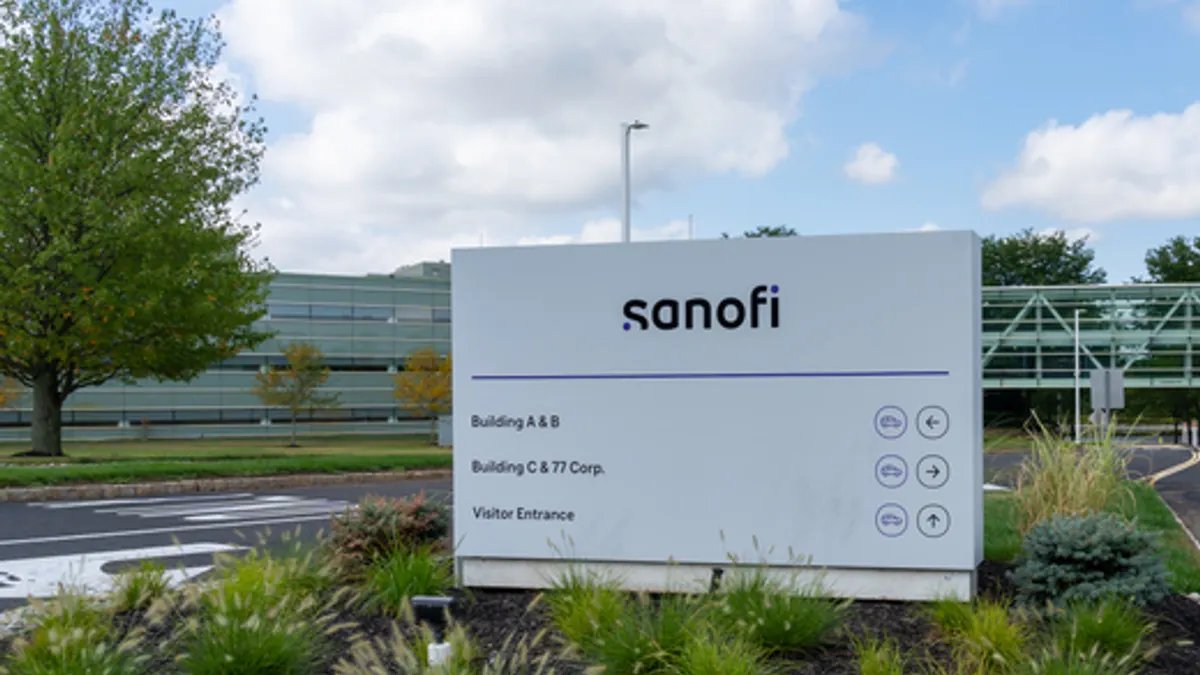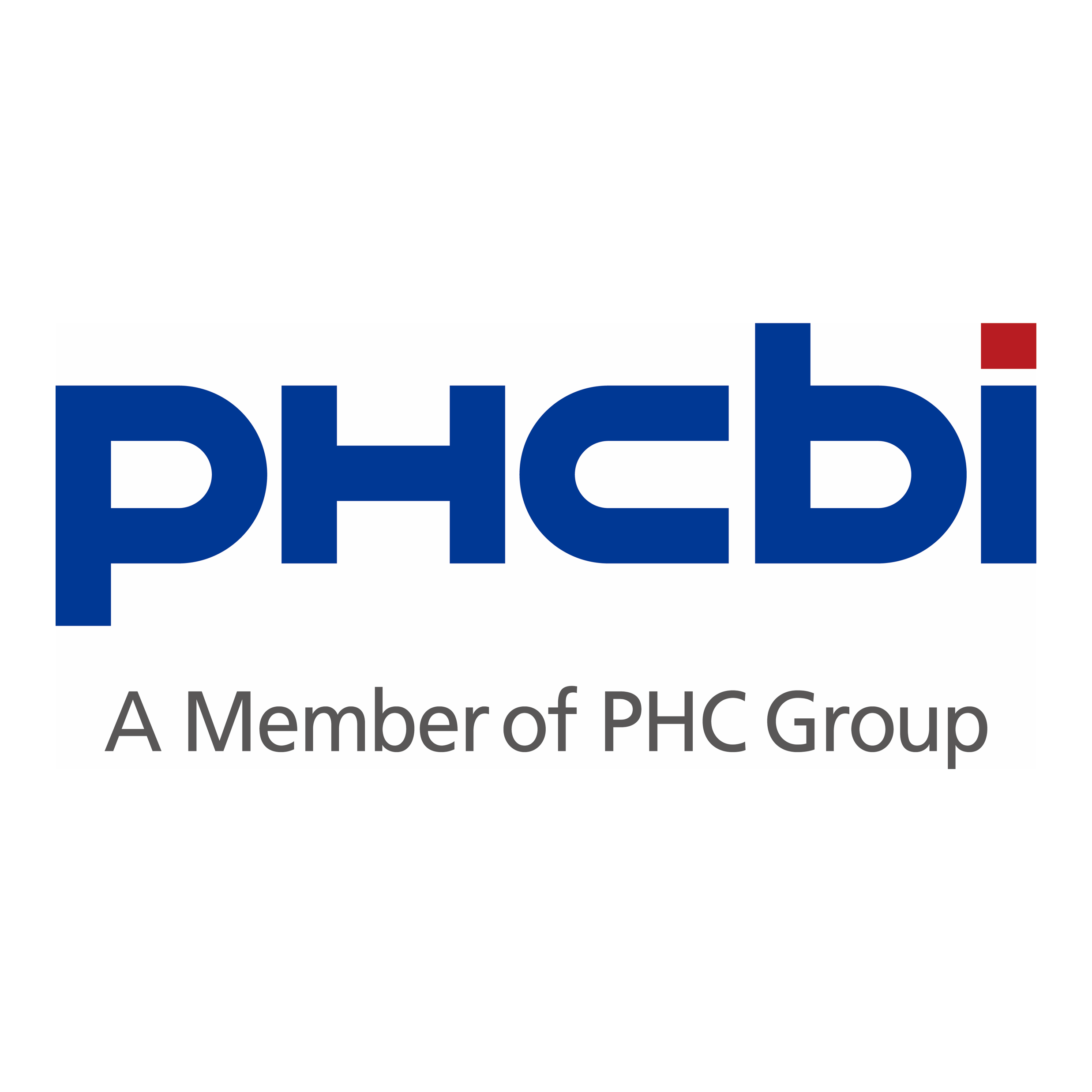Detailed trial results could help Sanofi and Teva Pharmaceuticals make a case that a drug they’ve been developing will be competitive with rival treatments from Merck & Co. and Roche.
The data, presented over the weekend at a medical conference in Berlin, show the drug led to higher rates of clinical response, remission and improvement on endoscopic imaging than placebo among participants with either Crohn’s disease or ulcerative colitis.
The companies had previously summarized findings from their Phase 2b study and indicated they’d advance their drug, called duvakitug, into late-stage testing. Umer Raffat, an analyst at Evercore ISI, wrote in a Monday note to clients that, apart from a few nuances, the results remain very good.
Duvakitug is an important asset for both Sanofi and Teva. It’s one of a class of drugs that target a protein called TL1A, which is implicated in the inflammation seen in diseases like Crohn’s and ulcerative colitis. Sanofi paid Teva $500 million in October 2023 to join forces on duvakitug’s development.
Merck and Roche, which each acquired their respective TL1A drugs through dealmaking as well, appear to be somewhat ahead in testing. Sanofi and Teva, therefore, hope to make the claim that duvakitug could be “best in class.”
The data presented at the 20th Congress of the European Crohn’s and Colitis Organization don’t prove that yet, as they come from a mid-stage trial. Still, they’ve encouraged analysts following the drug. David Risinger, an analyst at Leerink Partners who has an “outperform” rating on Sanofi’s stock, wrote to clients that the data bolster duvakitug’s “exceptional profile.”
In both the ulcerative colitis and Crohn’s patient groups, a high dose of duvakitug helped about half meet the study’s primary endpoint: clinical remission or endoscopic response, respectively, at week 14. Placebo response rates were respectively 20% and 13%.
On Saturday, the companies disclosed additional results showing treatment led to higher clinical remission rates than placebo in ulcerative colitis patients who had previously received advanced therapies as well as in those who hadn’t.
Raffat, of Evercore ISI, argued that the Crohn’s data “leaves a bit more to be desired.” He pointed out that, while the primary endpoint data were solid, the placebo-adjusted clinical remission rates weren’t as strong in this patient group.
Testing of duvakitug in this setting is the first randomized test of a TL1A drug in Crohn’s disease.
Sanofi and Teva said treatment was “generally well tolerated,” and noted there were no serious adverse events. The companies expect a Phase 3 study, which will be led by Sanofi, to begin in the second half of the year.















